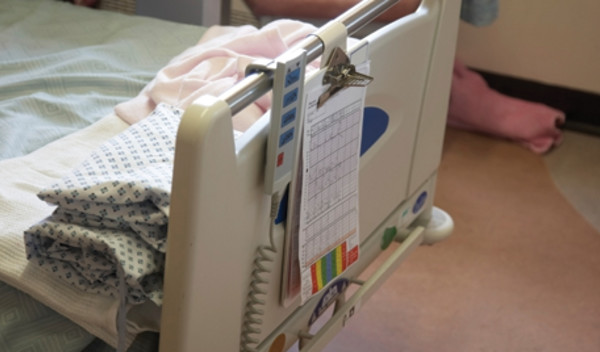

The industry body for the group risk protection sector is challenging the misconception group life assurance (GLA) does not cover suicide.
Grid has sought to address some of the wrongly-held perceptions about GLA, in particular the view someone’s family would not receive a pay-out should their loved one take their own life.
It is raising awareness to mark Dying Matters week, which started today (Monday).
Grid said GLA can help families avoid financial hardship and provide bereavement and other support. The average pay-out for a GLA claim during 2017 was £113,479.
Dave Middleton, managing director at Aon Employee Benefits Warwick, and a chairman of one of Grid's committees, has had personal experience of a family death by suicide.
He said: "When someone close to you dies suddenly in this way, you experience a rollercoaster of emotions and it can take some time for life to return to anything that you recognise as normal.
"During this time, life’s costs and bills accumulate and can become an enormous source of stress for the grieving family if there is no financial plan in place to deal with them.
"Financial support from an insurance pay-out not only helps cover funeral costs but can also give family members the financial breathing space to come to terms with their loss over a period of time, without immediately having to return to work to maintain an income."
It comes after research revealed around 6,000 people die by suicide each year in the UK.
By dispelling the myths around GLA and suicide, Grid hoped employers might see GLA as a more comprehensive product than they thought, and more will consider offering the benefit to their staff.
In addition to the financial payment, many GLA providers include extra help and support for employees and their families. This includes an Employee Assistance Programme (EAP), which can be a great support for mental health issues and in the prevention of suicide and attempted suicide.
Support may also be provided for the managers within the organisation around issues such as managing staff with mental health conditions and supporting staff coming to terms with a bereavement.
This help is available on a daily basis, not just when a claim arises. Some insurance providers now also give access to a vast array of online tools aimed at improving mental resilience and giving advice and guidance to employers and line managers.
Alan Chan, director of London-based IFS Wealth & Pensions, said: "I think some clients do not want to take out life insurance because it’s a rather morbid area of planning and they don’t feel comfortable to openly talk about it. And so it just gets brushed under the carpet.
"It’s also easy for anyone to think that they invincible because they’re fit and healthy now, so they won’t die. Unfortunately, if they wait until they are in poor health, or older, to look into life cover, they may find that the cost of insurance will be significantly higher or, worse, they will be refused cover completely."



